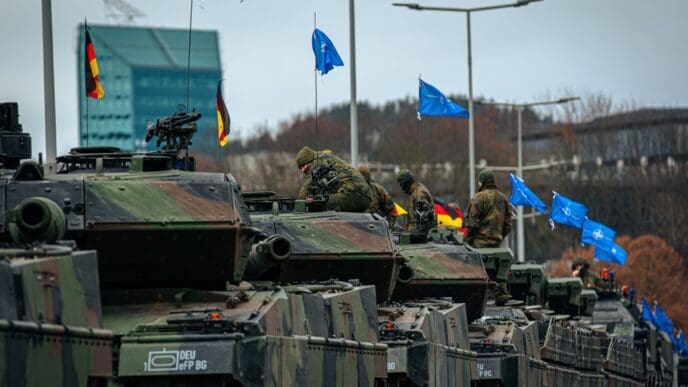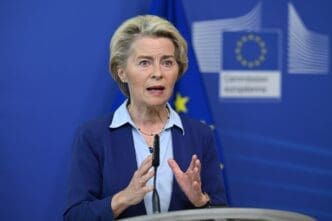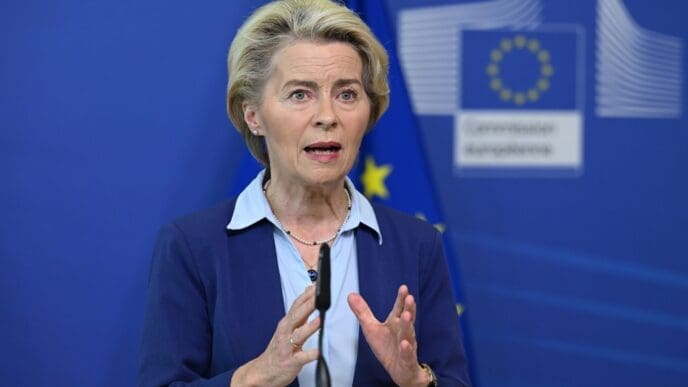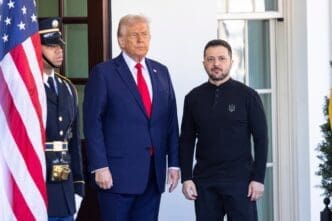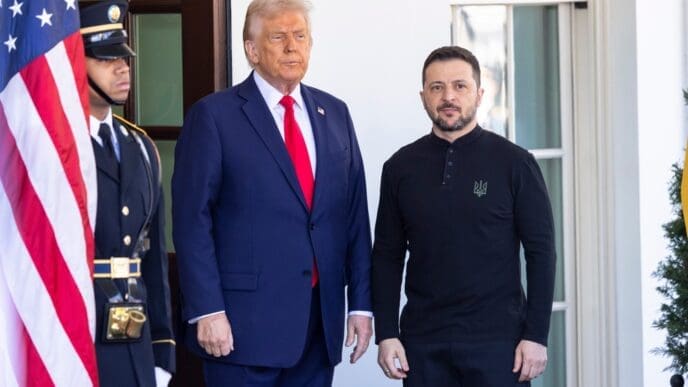EU Commissioner Glenn Micallef has affirmed his dedication to enhancing the Erasmus+ student exchange programme, emphasizing its role in fostering a unified European identity and developing essential skills among young people. This commitment was highlighted during a discussion on youth engagement in politics on Euronews’ “Brussels My Love” programme, featuring Micallef alongside Samira Rafaela, a visiting fellow at Cornell University and former MEP, and Rareș Voicu, President of the European Youth Forum.
As the Commissioner responsible for Intergenerational Fairness, Youth, Culture, and Sport, Micallef addressed concerns about potential budget cuts to the Erasmus+ programme proposed by EU member states. He strongly expressed his intention to protect and strengthen the initiative, recognizing its importance in shaping the future of Europe’s youth.
The discussion also touched on the rising mental health challenges among young Europeans, with Micallef describing the situation as “worrying.” He noted that half of the youth in the European Union have encountered mental health issues, ranging from loneliness to anxiety and stress, with an increase in cases observed since the COVID-19 pandemic. Micallef identified the digital environment, particularly social media, as a significant factor affecting young people and announced plans for an EU-wide inquiry into the broader effects of social media, followed by an action plan on cyberbullying.
Highlighting potential solutions, Micallef emphasized the role of physical activity and culture in promoting mental well-being. He suggested that sports could serve as a remedy for mental health challenges, while cultural initiatives provide a platform for young people to express themselves. The Commissioner also mentioned the forthcoming “Cultural Compass” initiative, set to be introduced later this year, underscoring Europe’s status as a global cultural powerhouse.
In terms of youth engagement, Micallef stressed the importance of providing young people with opportunities to voice their opinions, which he believes is crucial for strengthening the European project. He advocated for increased youth participation in policymaking to ensure their perspectives contribute to the EU’s future.
The full debate featuring Glenn Micallef, Samira Rafaela, and Rareș Voicu can be viewed on Euronews TV or euronews.com throughout the weekend.
The Evolving Landscape
The commitment to bolstering the Erasmus+ programme and addressing youth mental health challenges carries significant implications for European society. An enhanced Erasmus+ programme could lead to increased cultural exchange and understanding, fostering a more cohesive European identity. For students, this means greater opportunities to study abroad and gain invaluable international experience, which could positively impact their career prospects and personal development.
Addressing mental health issues and the influence of digital environments on young people is crucial for the well-being of future generations. By investigating the effects of social media and implementing measures to combat cyberbullying, the EU aims to create a safer and more supportive environment for its youth. Encouraging physical activity and cultural engagement further supports mental health, promoting a holistic approach to well-being.
Overall, these initiatives reflect a proactive stance by the EU in nurturing the potential of its young citizens, ensuring they are equipped to contribute meaningfully to society. The focus on youth engagement and participation in policymaking highlights the importance of including diverse perspectives in shaping the future of Europe.




